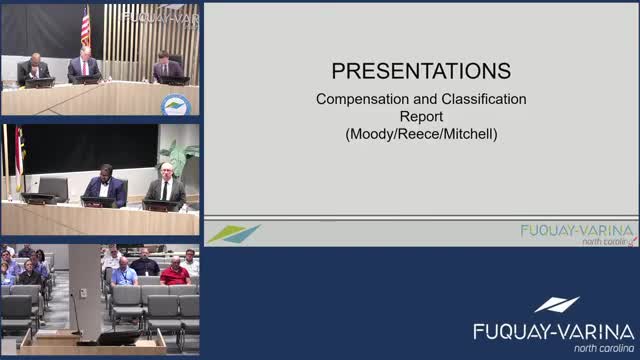Article not found
This article is no longer available. But don't worry—we've gathered other articles that discuss the same topic.
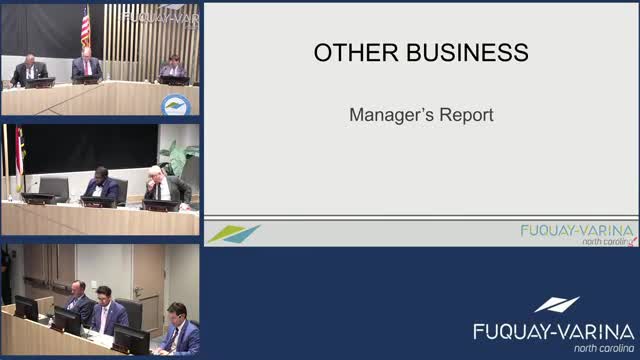
Hilltop Needmore community center finishes ahead of schedule and $766,829 under budget, town says
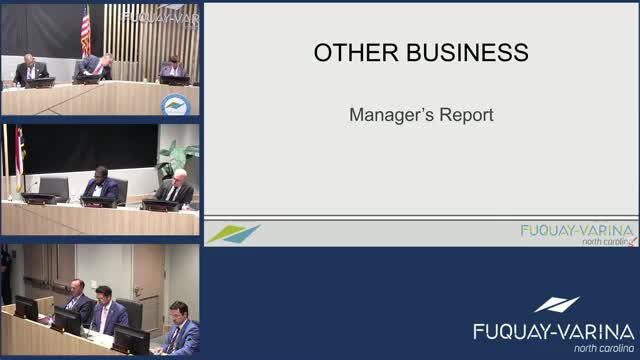
Town manager warns House Bill 765 could limit Fuquay Varina's local land-use controls
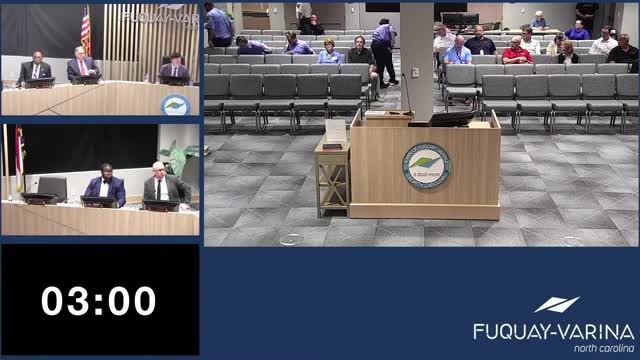
Wake Audubon partners with Fuquay Varina staff on invasive-species removal at Carol Howard Johnson Environmental Park
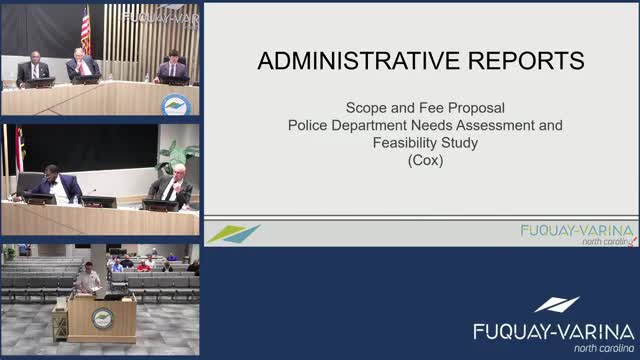
Fuquay Varina awards police department needs-assessment contract to ADG for $117,780
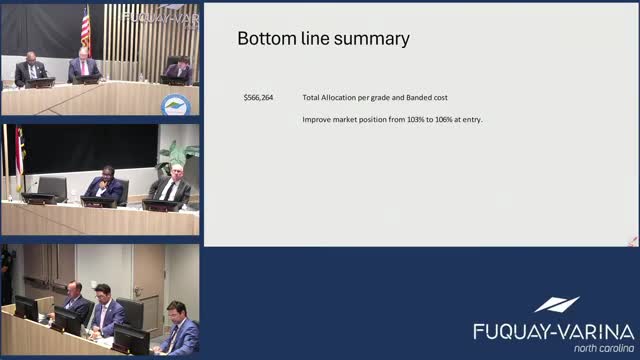
Fuquay Varina releases $76.6 million FY26 budget recommendation; no property tax increase, 15% water/sewer rate hike proposed
